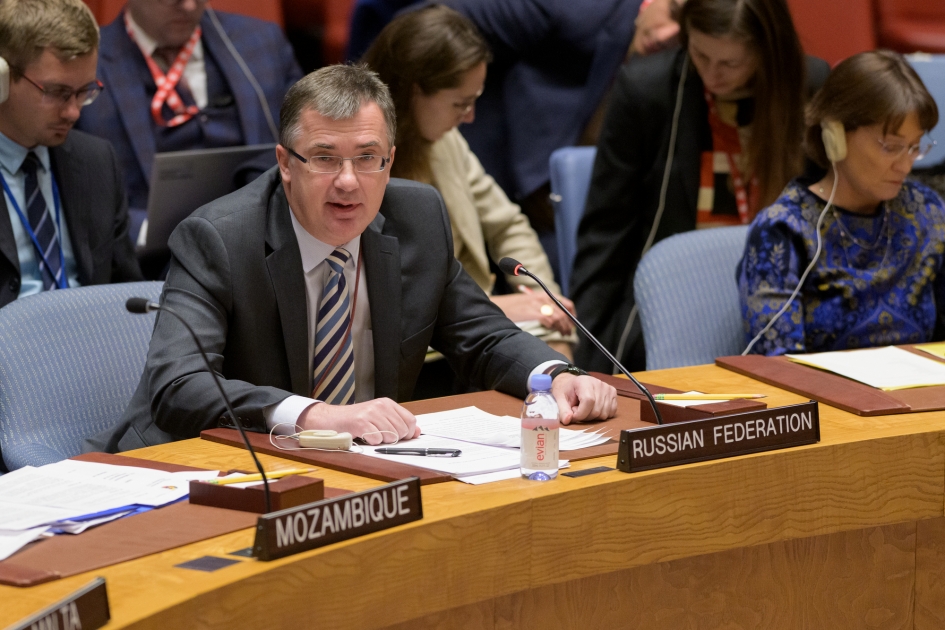Statement by Deputy Permanent Representative Gennady Kuzmin at UNSC briefing on ICC report (Sudan)
Mr.President,
Darfur was the pilot project of the Security Council supposed to engage the International Criminal Court in the international efforts aimed at normalizing the situation in a concrete state, which is Sudan, overcoming inter-communal disputes within that country, and promoting national reconciliation. This project was launched by UNSC resolution 1593 almost 18 years ago. It took 18 years, two ICC Prosecutors, and almost a complete change of the ICC composition before we finally approached the first criminal proceedings.
In this context, let me share some general observations.
First. For some reason, a normal, routine development, namely the trial of Ali Kushayb (who voluntarily surrendered to the ICC in summer 2020) is presented as a landmark event in the work of this international judicial authority. The dynamic of the Darfur case is depicted as the achievement of the Court alone, whereas failures and shortcomings are written off as something that should be blamed on third sides, like the lack of proper cooperation of states, failure to deliver on promises made, failed expectations, etc. This is characteristic not only of the ICC, but also of the International Residual Mechanism for Criminal Tribunals that inherited the worst practices of its predecessor, the International Criminal Tribunal for the former Yugoslavia.
Today Sudan is being blamed for having rather chilly relations with the Office of the ICC Prosecutor. Maybe the point is that the credibility of the ICC as an unbiased, non-politicized body was largely undermined in the international community?
Second. ICC’s insistent attempts to rewrite the effective norms of the international law to make them more suitable for themselves raise concerns. Quite notable in this regard is the ICC judgement dated 6 May 2019 on the appeal of Jordan with participation of the African Union and the League of Arab States. The ruling of the judges clearly demonstrated how far the ICC is from giving an adequate assessment to its competence. Contrary to the ICC’s perverse interpretation of the issue of immunity, none of the countries accommodated the illegitimate request to detain former President of Sudan Omar Al-Bashir during his official visits, thus recognizing his immunity under the customary international law and the Rome Statute.
Third. Since the Security Council referred the Darfur file to the ICC, it would make sense to keep closer track of the Court's activities in this area. Of course, I mean no overwhelming control. No exotic measures, like individual sanctions against the Prosecutor and ICC officials (by the example of the United States) are necessary. So far. It is important to consistently explain to the Court that its action to bring the perpetrators to justice is not an end in itself, but part of a larger effort by the international community to consolidate the Sudanese peace process.
And lastly. In our briefings, we continue to hear proposals to transfer the work of the ICC on the two files that were referred to it to a partial or complete UN funding.
Let’s proceed from the practicalities. UNSC resolution 1593 (2005). Chapter 7 of the UN Charter. Operative paragraph 7. "None of the expenses incurred in connection with the referral including expenses related to investigations or prosecutions in connection with that referral, shall be borne by the United Nations and such costs shall be borne by the parties to the Rome Statute and those States that wish to contribute voluntarily”.
Mr.President,
We are convinced that the Sudanese are perfectly capable to administer justice by their own efforts. Whereas the activities of the ICC raise many questions.
Thank you.
